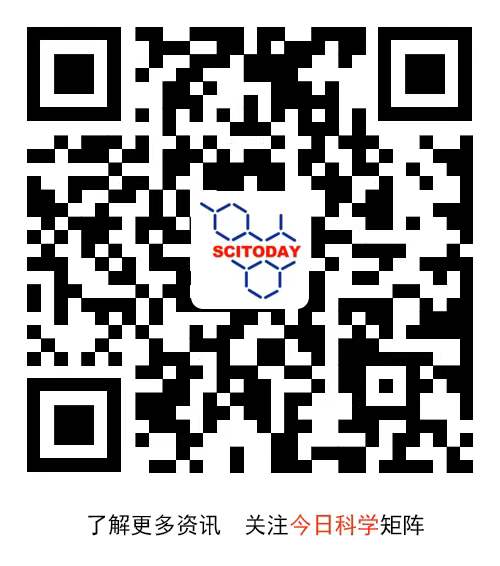纠缠加速量子模拟
复旦大学周游团队近日揭示了纠缠加速量子模拟。2025年7月14日出版的《自然—物理学》杂志发表了这项成果。
量子纠缠是影响量子信息处理和基础物理的多体系统的基本特征。经典的仿真方法可以有效地模拟低纠缠的多体状态,但随着纠缠程度的增加,仿真效果会有所下降。
研究组分析了量子纠缠和量子模拟之间的关系,并证明了用乘积公式近似模拟多体系统可以更好地模拟纠缠系统。他们根据纠缠熵建立了算法误差的上界,该上界比以前的结果更严格,并开发了一种自适应仿真算法,该算法包含测量工具来估计算法误差。这表明纠缠不仅是经典模拟的障碍,也是加速量子算法的一个特征。
附:英文原文
Title: Entanglement accelerates quantum simulation
Author: Zhao, Qi, Zhou, You, Childs, Andrew M.
Issue&Volume: 2025-07-14
Abstract: Quantum entanglement is an essential feature of many-body systems that impacts both quantum information processing and fundamental physics. Classical simulation methods can efficiently simulate many-body states with low entanglement, but struggle as the degree of entanglement grows. Here we investigate the relationship between quantum entanglement and quantum simulation, and show that product formula approximations for simulating many-body systems can perform better for entangled systems. We establish an upper bound for algorithmic error in terms of entanglement entropy that is tighter than previous results, and develop an adaptive simulation algorithm that incorporates measurement gadgets to estimate the algorithmic error. This shows that entanglement is not only an obstacle to classical simulation, but also a feature that can accelerate quantum algorithms.
DOI: 10.1038/s41567-025-02945-2
Source: https://www.nature.com/articles/s41567-025-02945-2
来源:科学网 小柯机器人



